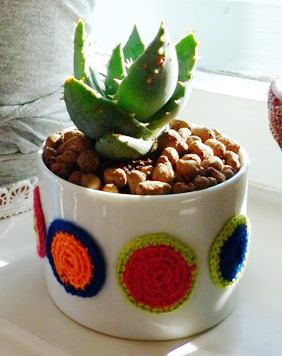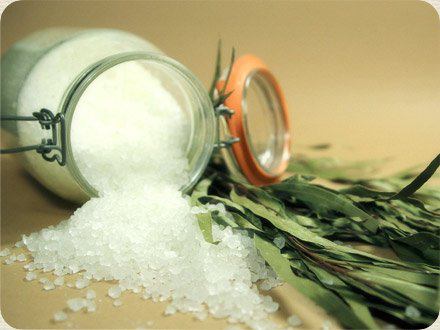Arugula, also known as indau, eruca, ruccola, rukola… However you write it, arugula, from the cabbage family, remains an extraordinarily delicious and healthy salad green that can easily be grown at home .
The taste of arugula resembles a blend of walnut and mustard. I’ve never tasted anything like it, so unusual and piquant. Indau leaves are perfect for salads and as a garnish for meat, and mustard oil is extracted from its seeds. Italians add arugula to pizza at the end of cooking, along with cheese. A piquant combination of arugula and spinach with cheese as a sauce for spaghetti.
Arugula Properties
The chemical composition of arugula includes:
- Mustard oil - contains up to 96% unsaturated fatty acids, up to 46% polyunsaturated fatty acids (of which omega-3 makes up 14%, and omega-6 makes up 32%). Mustard oil is an accessible source of essential amino acids for vegetarians.
- Linolenic acid or linoleic acid - an essential fatty acid belonging to omega-6.
- Oleic acid - a fatty acid.
- Steroids - participate in metabolism as steroid hormones.
- Alkaloids - present in plants to protect them from fungi.
- Flavonoids - protect the plant from radiation, accelerate metabolism.
- Quercetin - an antioxidant with anti-inflammatory, antispasmodic, and diuretic properties.
Benefits of Arugula: Quickly revitalizes the body, removes sodium, and strengthens the nervous system. Lowers blood sugar and is safe to consume during pregnancy (it also boosts lactation, by the way). Arugula alleviates gout attacks, reduces kidney inflammation, and when applied externally as a paste, heals ulcers. It’s also said that arugula is an effective aphrodisiac.
Vitamins and micro-macro elements in arugula:
- Beta-carotene 1.424 mg
- Vitamin A 119 mcg
- Vitamin B1 (thiamine) 0.044 mg
- Vitamin B2 (riboflavin) 0.086 mg
- Vitamin B3 (pantothenic acid) 0.437 mg
- Vitamin B6 (pyridoxine) 0.073 mg
- Vitamin B9 (folic acid) 97 mcg
- Vitamin C 15 mg
- Vitamin E 0.43 mg
- Vitamin K (phylloquinone) 108.6 mcg
- Vitamin PP (Niacin equivalent) 0.305 mg
- Choline 15.3 mg
- Calcium 160 mg
- Magnesium 47 mg
- Sodium 27 mg
- Potassium 369 mg
- Phosphorus 52 mg
- Iron 1.46 mg
- Zinc 0.47 mg
- Copper 76 mcg
- Manganese 0.321 mg
- Selenium 0.3 mcg
A pleasant bonus for me was discovering that arugula masks help to remove freckles and pigmentation spots.



